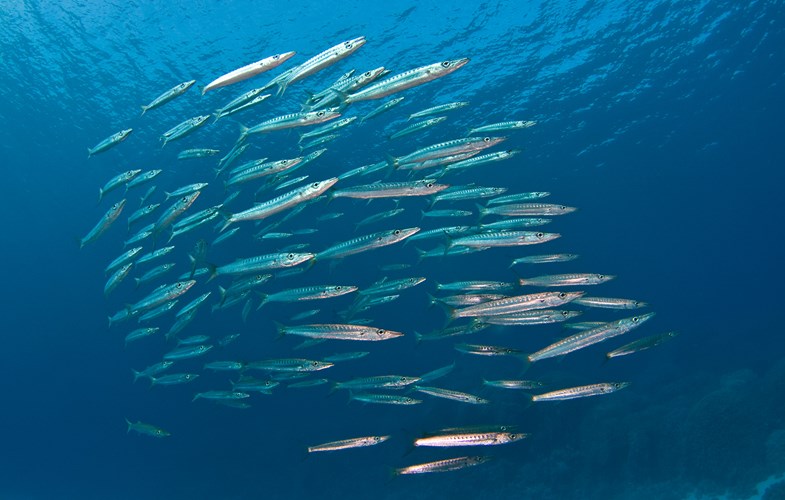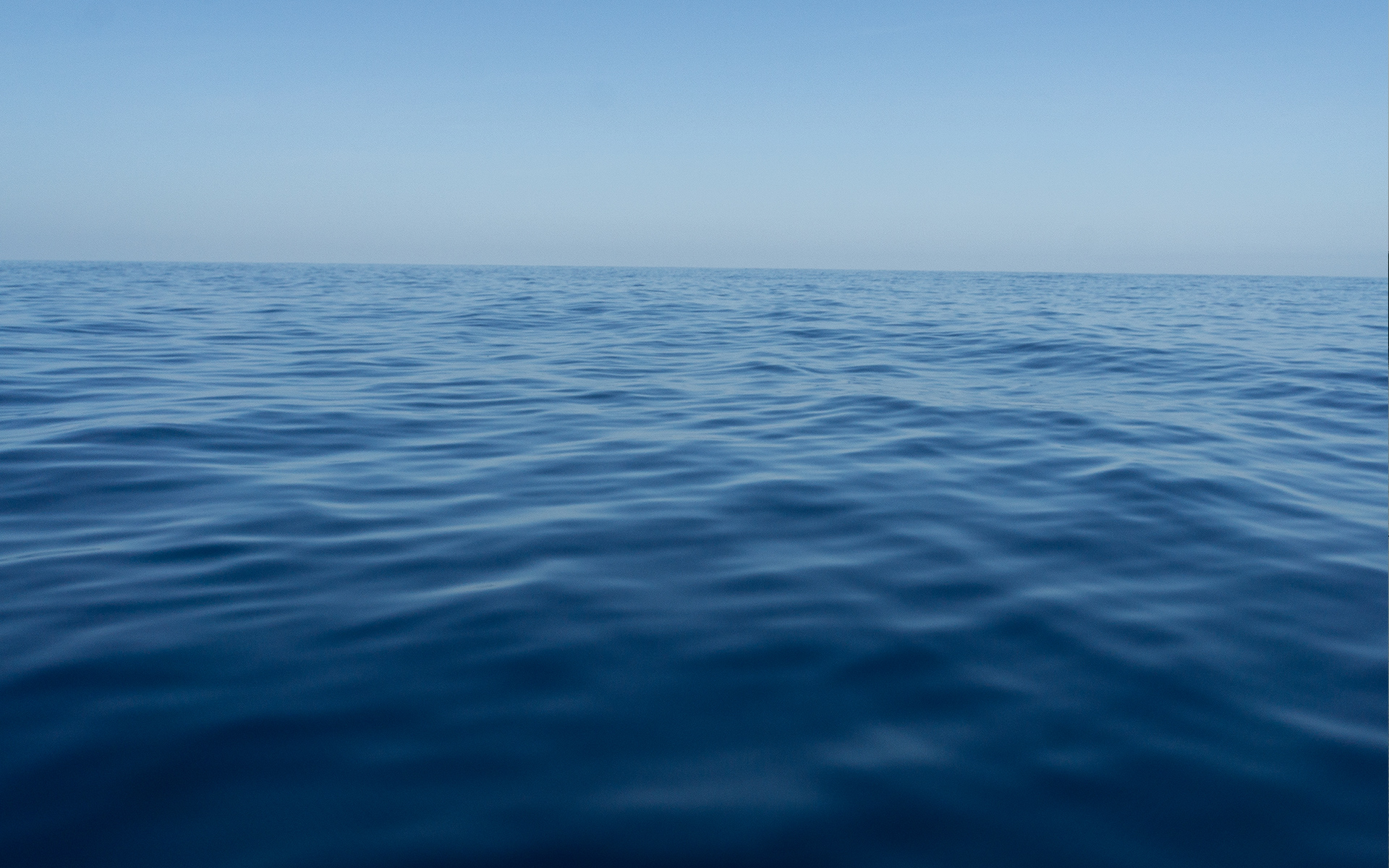

Overfishing is the greatest threat to shark stocks in the world's oceans. And yet this is precisely what is being promoted every year with billions of dollars in the form of harmful subsidies.
Fight against harmful fisheries subsidies
Almost 40 % of shark and ray species are already classified as threatened. And only recently, a study on pelagic shark and ray species showed that their populations have declined by as much as 70 % in the last 50 years.
The main reason for this is massive overfishing. Not only the direct fishing of sharks as target fish, but above all the by-catch, pose a major problem here. Therefore, the fate of sharks is directly linked to large-scale industrial fishing, such as for tuna. And although more than a third of the world's fish stocks are already overfished, around 22 billion dollars in harmful subsidies continue to be poured into the fishing industry every year. Harmful because they further increase fishing capacity and thus further exacerbate overfishing. Fisheries are promoted which would not be profitable without these subsidies and which, moreover, are not sustainable. Especially deep-sea fishing is strongly affected by this. This closes the circle and explains the massive decline of sharks, which are mainly found in the high seas.
Finally, in 2015, world leaders recognized the damage that harmful subsidies cause to fish stocks and the marine environment when they adopted the United Nations Sustainable Development Goals (SDGs), a blueprint for achieving a better and more sustainable future for all. SDG target 14.6 requires governments to reach a new agreement within the World Trade Organization (WTO) to eliminate harmful subsidies. The deadline for this was 2020. However, it took another 2.5 years until a new regulation of these subsidies was agreed upon, until June 2022.
In the past years, Sharkproject has worked together with various partners worldwide in different committees to achieve a rethinking and a new regulation of these subsidies and to increase pressure on the decision makers. One of these networks, or campaign was "STOP FUNDING OVERFISHING". Together with 180 organizations, in 2020 we made a demand to the World Trade Organization (WTO) to comply with the SDG 14.6 target and reach a new agreement on fisheries subsidies.
However, there is no time to rest now that WTO members have reached an agreement. Because now it is a matter of implementing this regulation. And this will require a tremendous amount of work. We are therefore continuing to exchange information with partners and networks worldwide in order to keep up the pressure on those responsible, but also to inform the public about the subject. For this purpose, we will regularly inform about the various campaigns and topics on platforms such as Facebook, Twitter or Instagram.
Goal
- Educate and inform the public
- Implementation of the targets of SDG 14.6
- Re-regulation of fisheries subsidies
- Prohibition of harmful subsidies
Location and duration
- Worldwide network
- no time limit
Links
https://stopfundingoverfishing.com
Artikel: Half a century of global decline in oceanic sharks and rays https://doi.org/10.1038/s41586-020-03173-9

© Christine Gstöttner
Project history
2020
Call on the WTO to implement the requirements of SDG 14.6.
2020/2021
Digital campaign accompanying the WTO negotiations.
2022 June - After years of negotiations and many delays, WTO members agree on new fisheries subsidy regulation
